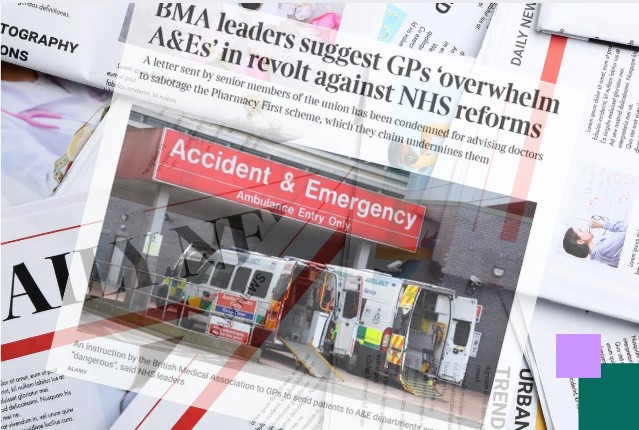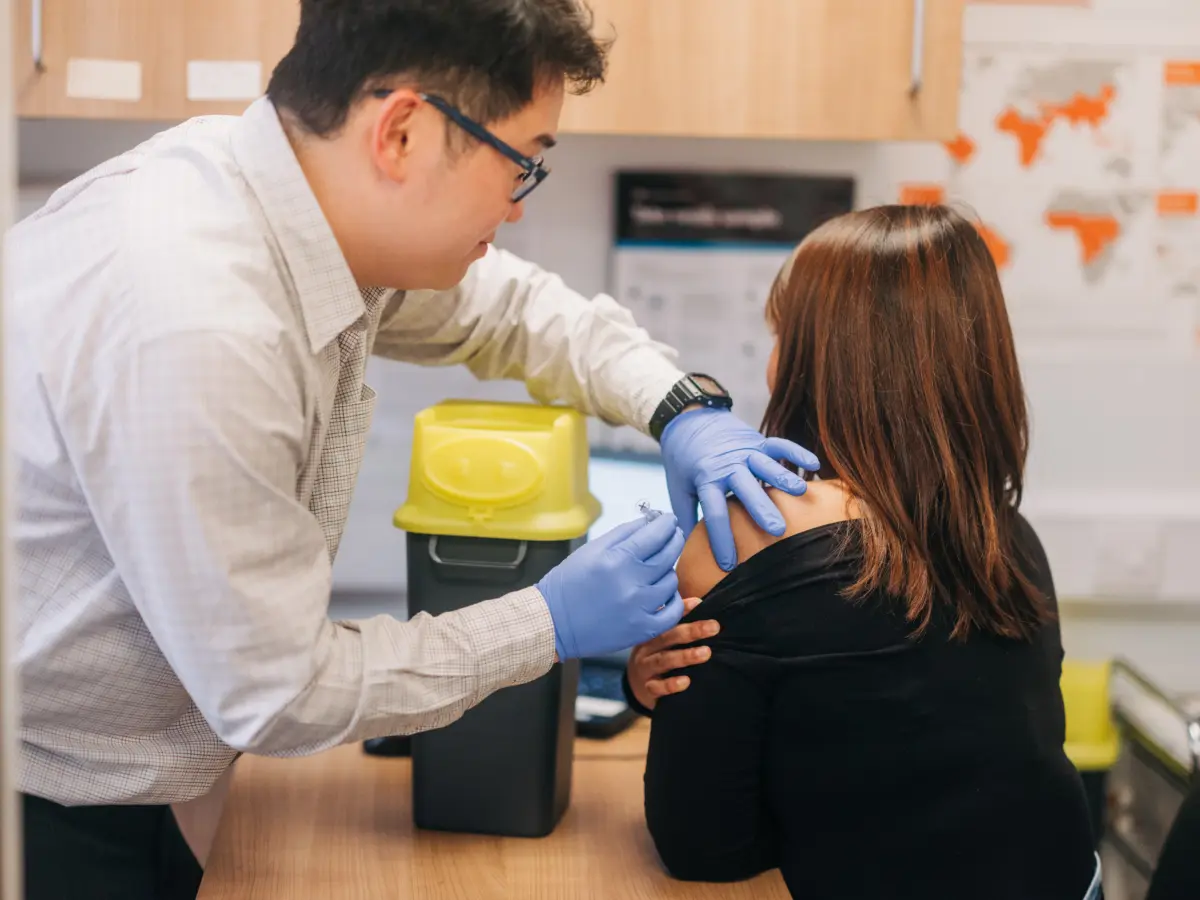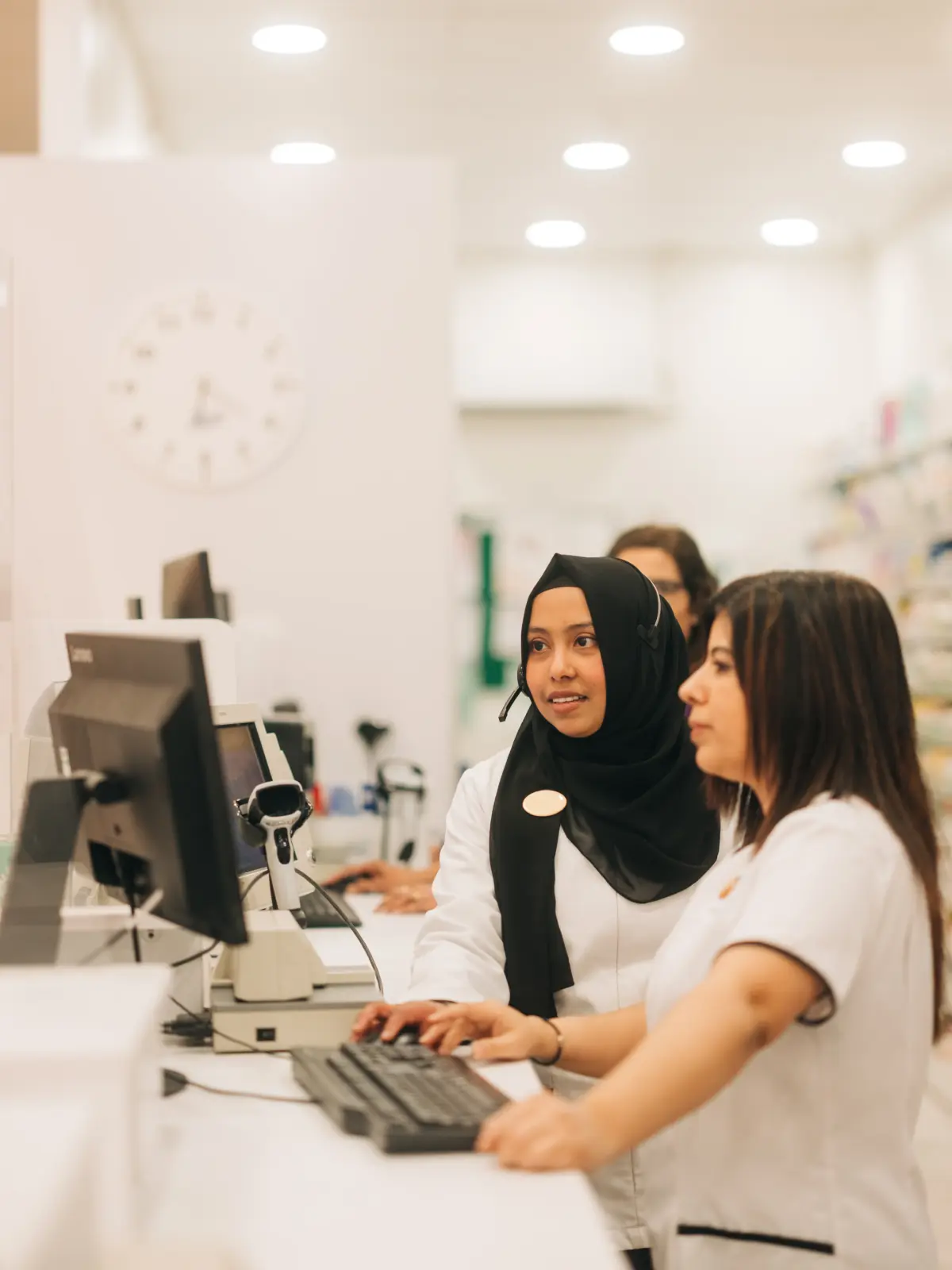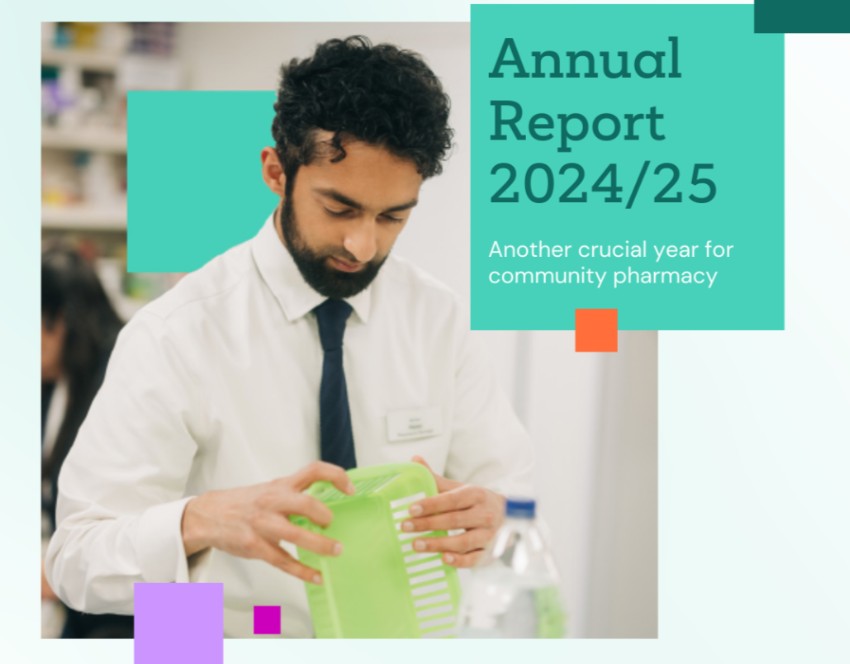Education is key to increasing self-care, concludes PAGB report
Two-fifths of adults have asked for a GP appointment for a minor health issue and 8% went to an A&E department, according to new research which indicates that education is the key to increasing self-care.
PAGB, the consumer healthcare association, has today released a new report exploring the challenges and benefits of patients taking a more proactive approach to care for common health conditions, as well as detailing the latest data on self-care. Analysis found that whilst 96% of people experienced at least one self-treatable condition in the past year, many didn’t know where to go for advice or treatment. This is problematic for the health service as its suggested that increasing self-care and empowering people to manage self-treatable conditions with over-the-counter medicines (OTCs) could save the NHS £1.7 billion a year.
The 2023 Self Care Survey Report: ‘Take care – of yourself and the NHS’ found significant numbers of people were unaware of where to get help treating non-urgent and minor health conditions. According to the research – which included a survey of over 5,000 adults across the UK – 83% of people think more education is needed to encourage a proactive approach in self-care.
Community pharmacists are identified in the report as an often under-utilised source of health information, which suggests that the public should be encouraged to use their local pharmacist as a first step in seeking advice for self-treatable conditions. Community Pharmacy England has long championed a pharmacy-first approach and is currently in negotiations with Government and the NHS about how a promised £645m investment in community pharmacies over the next two years can be used to support the launch of a national pharmacy common conditions service.
The report, released to coincide with the start of Self Care Week (13th-19th November), also states:
- 83% of people surveyed say we need more education to encourage a proactive approach in self-care;
- 53% of patients seen by a GP were told to use over-the-counter medicines;
- 71% said they thought more medicine should be available without prescription;
- Reclassifying 5% of prescription-only medicines could save £611 million; and
- 5% reduction in GP prescribed medicine could also save £772 million.
Our Director of NHS Services, Alastair Buxton, said:
“We welcome the insights revealed in the PAGB report, which aligns with our views on the crucial role community pharmacies play in providing accessible support for individuals with common health conditions. The report emphasises the vital and expanding role pharmacy teams have in delivering self-care advice.
“The data in this report emphasises how underutilised our essential sector is and highlights the gaps in awareness about the support they can provide to the public. In our influencing work we have consistently championed a pharmacy-first approach and stressed the importance of utilising the clinical expertise of community pharmacy teams, to enhance patient access in primary care. However, achieving all this and effectively delivering these vital services is only truly feasible if the sector is adequately and sustainably funded.”
Read the results of PAGB’s 2023 Self-Care Survey Report







